Dating back 3,000 – 5,000 years to ancient India, oil pulling has been shown as a great addition to any morning routine. Oil pulling, also known as Gandusha and Kavala Graha, is an Ayurvedic therapy used to maintain oral health. Many people have been using coconut oil pulling for cavities!
But what’s the big deal? Does it actually do what they say it does? How do you properly oil pull? How can it impact your health?
Keep reading to learn more about this hygiene practice that has been used for thousands of years.
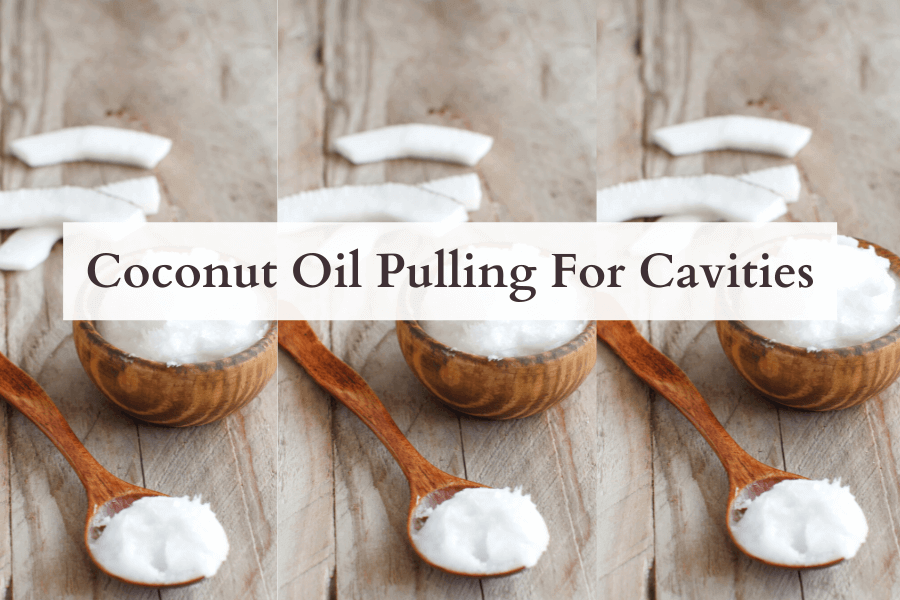
(Note: This article contains affiliate links, meaning In On Around will make a small commission at no additional cost to you. This helps me maintain the site. As always, I value full transparency & only work with brands I love and trust.)
How Does Oil Pulling Work?
There are over 700 species of bacteria (over 6 billion in total) that can live in the mouth – that’s a lot! There are necessary “good” bacteria and some “harmful” bacteria in your mouth. Streptococcus mutans, for example, is the bacteria that is particularly linked to dental caries or dental cavities.
So how can oil pulling help?
700+ species of bacteria live in the mouth.
Oil attracts the lipid bilayer of bacterial cell membranes and causes them to stick to it. This is the overall idea of how the process works… it attracts the bacteria so you can spit it out with the oil. And it’s backed by science! [1]
While oil pulling may sound intimidating at first, it is incredibly simple! Let’s break it all down.
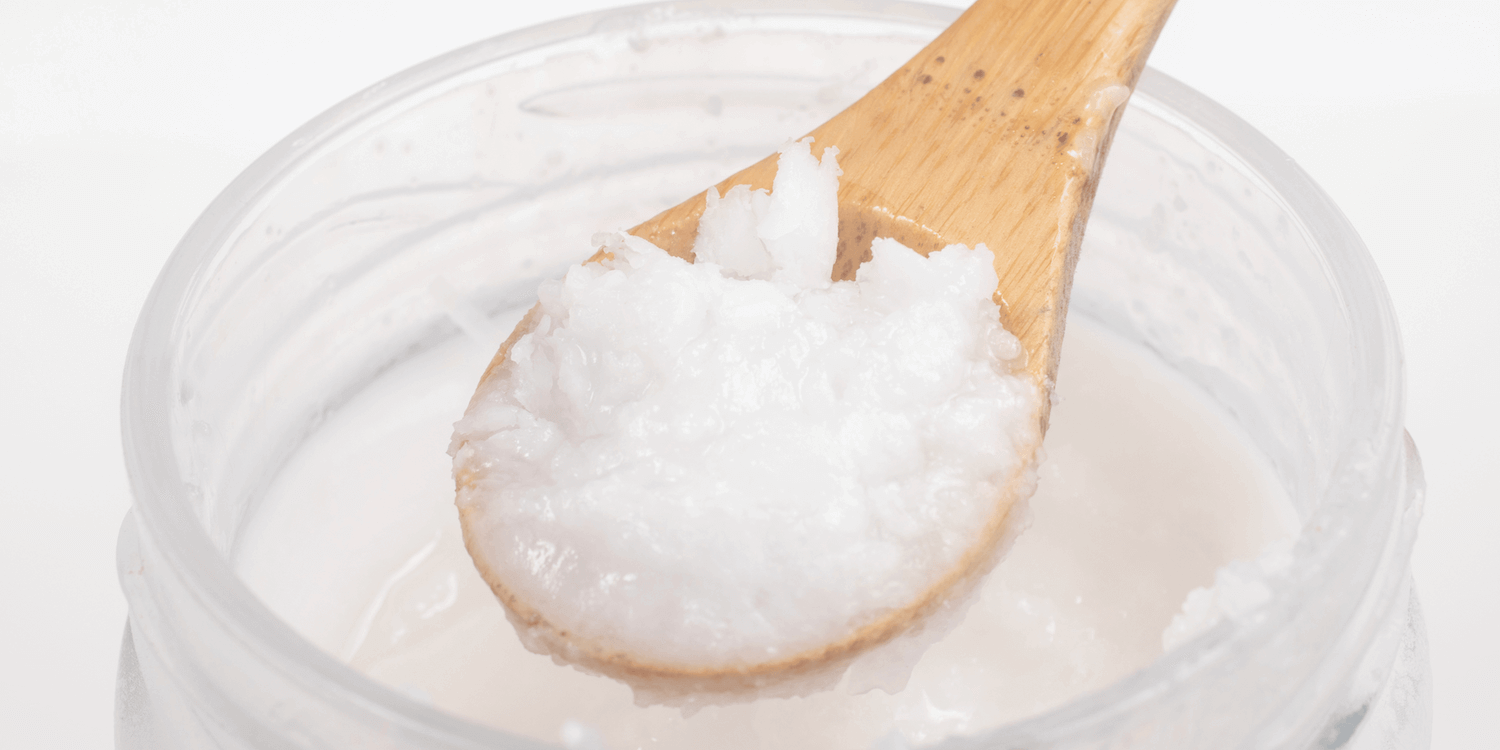
What Type Of Oil Should Be Used For Oil Pulling?
Always opt for high-quality, unrefined, cold-pressed, organic oils such as:
I personally opt for coconut oil, since it has a mild taste. Some people prefer to also add a drop of clove oil (an anti-bacterial and anti-septic) or other essential oils while oil pulling – this all depends on your personal preference. Usually, I’ll opt for straight coconut oil.
How Do You Properly Oil Pull?
Oil pulling involves swishing oil in your mouth (like with sesame or sunflower oil) to reduce the number of bacteria. Here’s how to do it:
- Perform daily in the morning on an empty stomach
- Do it before brushing your teeth or rinsing out your mouth
- Put about 1 tablespoon of coconut oil (or olive or sesame oil) into your mouth
- Gently swish the oil around your mouth and between your teeth for 5-20 minutes (If this is too long, work your way up to it. I usually oil pull while showering or putting on my makeup for the day… so it doesn’t seem as long.)
- Do not swallow any oil – it will contain bacteria & toxins
- Avoid spitting the oil in the sink or down a drain – it will clog when it solidifies. Instead, spit directly into the trash can or into a paper towel.
- Rinse your mouth & brush your teeth afterward
Terra & Co is also an excellent oil-pulling brand with charcoal! You can read more about oral health here: The Pros And Cons Of Fluoride In Toothpaste
Ice Tray Trick:
You can melt coconut oil into easy-to-use silicone ice trays, like this one. If you place the coconut oil in the fridge, the oil will harden. You can easily and quickly pop one in your mouth in the morning! As always, make sure to spit it out in the trash.
Can You Do Oil Pulling At Night?
Yes, you can oil pull at night or at any time of the day, however, it’s best to do it first thing in the morning. Upon waking, your mouth is full of bacteria (hence any “morning breath”). If you’re wondering if you should do oil pulling before or after brushing… opt for before!
So, What Are The Health Benefits Of Oil Pulling?
The state of your teeth affects your overall well-being. Oil pulling may decrease plaque and gingivitis, which can decrease the risk of tooth decay, cavities, gum inflammation, gum disease, and tartar buildup. [2] It may also reduce bad breath… it’s been shown to be just as effective as the drug chlorhexidine, which is found in conventional mouthwash. [3, 4]
Coconut oil is a great substitute for mouthwash since it contains Vitamin E, lauric acid, and monolaurin, which are anti-bacterial & anti-fungal. Obviously, do not use it if you are allergic.
As you can see… there are many coconut oil pulling benefits, but results can vary per person.
What Are Coconut Oil Pulling Dangers?
There are very few negative oil pulling side effects, however, it’s still important to use caution. Young children should never oil pull, as they can choke or swallow the oil. Anyone with poor swallowing reflexes should also not oil pull.
If you experience any extreme jaw pain or nerve pain while oil pulling, it’s best to stop and speak with your doctor.
Does Oil Pulling Whiten Teeth?
While there are very few recent studies on oil pulling, there are also claims that it can help whiten teeth (personally I’ve seen these changes myself). Larger scale studies are needed on oil pulling to “legitimize” the process, however, the small studies that do exist are promising and have shown that oil pulling can be a great addition to an oral care routine. As long as you don’t swallow the oil, oil pulling will not harm you – it can only help you.
Pin this article to reference it later! ↓
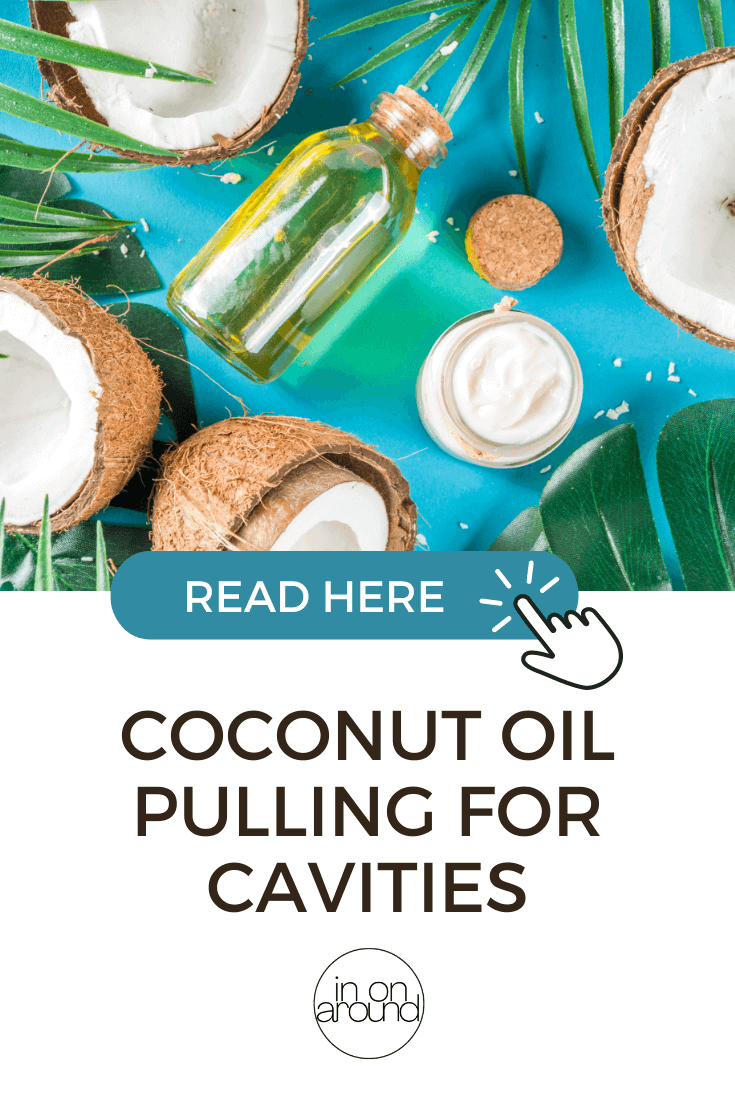
Oil Pulling Best Practice Tips
You can’t oil pull your way out of a bad diet. Always eat a nutrient-rich, predominantly plant-based diet… nutrition and oral health go hand-in-hand!
Why does this matter? Well…
Research has shown that periodontal disease is 3.1 – 5.3 more likely to take place in people who are overweight. Periodontitis is also increased amongst those with diabetes. There are also links between periodontitis and cardiovascular disease, specifically due to higher levels of inflammation. It’s essential to reduce inflammation as much as possible.
Additionally, gum disease increases your risk of stroke, diabetes, heart disease, and other serious issues like dementia and pregnancy concerns. [5] If poor gum health or gingivitis is left untreated, it will progress to a more severe form of gum disease, which eats away at your jaw, causing teeth to fall out.
Oil pulling is a great addition to your oral hygiene routine!
With all of this said, oil pulling is a great addition to your oral care routine… not an alternative. Plus it’s affordable & easy! To maintain good oral health, continue to brush & floss your teeth regularly for a full 2 minutes twice a day. Brushing and flossing your teeth regularly are two great ways to remove food particles from enamel. It’s also important to get your teeth cleaned regularly by a dental hygienist.
My favorite oral care brands can be found in the In On Around Shop.
Check Out The In On Around Shop
Coconut Oil Pulling For Cavities – FAQ
Click on the below frequently asked questions to learn more about improving oral health!
What oil should be used for oil pulling?
How do you oil pull?
What are the health benefits of oil pulling?
Is coconut oil antibacterial?
When it comes to oral health, prevention is key. The integration of traditional medicine, with oil pulling, & conventional medicine, with teeth brushing, is a powerful combination – they can be used together to better oral & overall wellbeing.
Do you oil pull? How do you prevent cavities?
Let me know below! You can watch our web story here.
xoxo,

Want to read more? Check out my other articles here!
Information on Coconut Oil Pulling For Cavities from: NIH, Live Science, NHS, Premier Periodontics, Healthline, Dentistry IQ, Westside Family Dentistry, Cahill Dental
Copyright In On Around LLC 2021 © The statements made on this website have not been evaluated by the FDA (U.S. Food & Drug Administration). They are not intended to diagnose, treat, cure, or prevent any disease. The information provided by this website should not be used as individual medical advice and you should always consult your doctor for individual recommendations and treatment.

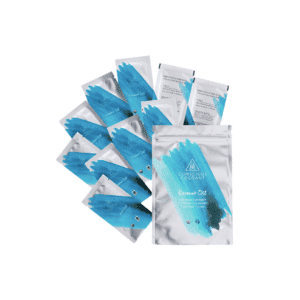
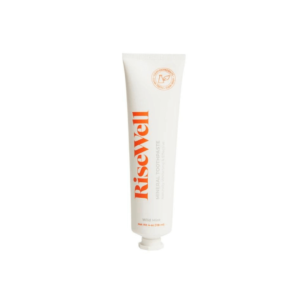
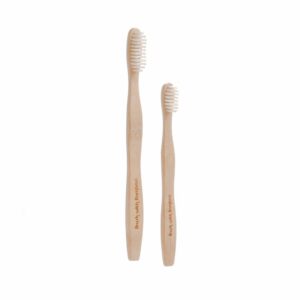



One Response